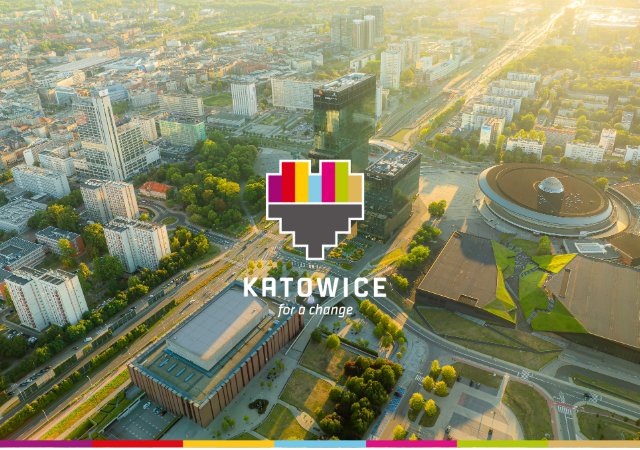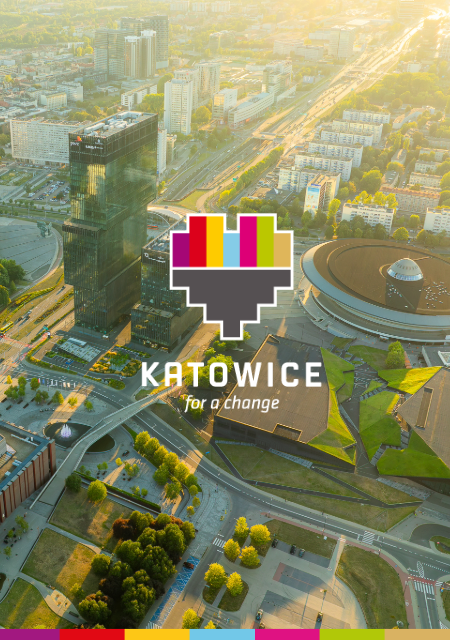Dangerous weather events, such as floods, droughts, extreme temperatures, and sea level rise, are becoming more frequent and require a response at both the global and local levels. Cities are developing new urban strategies to adapt to climate change and minimize its negative effects.
Creating flexible infrastructure
One of the key aspects of urban adaptation in this regard is the creation of flexible infrastructure. New urban strategies focus on building systems that are resilient to floods, storms, droughts and other hazardous events. An example is the use of a green roof. The use of this solution not only improves the air, but also reduces rainwater. It perfectly cleans and humidifies the air while acting as thermal insulation, which has a beneficial effect on reducing heating and air conditioning costs. In addition, cities are developing monitoring and early warning systems for imminent threats.
Promoting sustainable transportation
Transportation is one of the main sources of greenhouse gas emissions that contribute to climate change. It is necessary to develop sustainable transportation. Investments are being made in the construction of bicycle paths and sidewalks to enable residents to move freely by bicycle or on foot. Green public transportation systems using streetcars, trolleybuses or electric buses are being implemented. In addition, cities are introducing entry restrictions for vehicles with internal combustion engines and encouraging the use of electric cars.
New urban strategies require climate change to be taken into account in the urban planning process. Green areas in the city are being created, which not only improve air quality, but also act as natural rainwater reservoirs. Parks, gardens, tree avenues and other green spaces not only mitigate the effects of high temperatures, but also help absorb rainwater, thus preventing flooding. In addition, cities are introducing coastal restoration and protection solutions to minimize the risk of flooding caused by rising sea levels.
Community involvement and education
Cities’ efforts in developing plans and strategies are mainly based on involving local communities and educating them. It is important that they are aware of climate change and understand its impact on their daily lives. Awareness campaigns, trainings and workshops are being organized to encourage environmental and sustainability efforts.
Investment in renewable energy
Renewable energy is another important consideration in the development of new urban strategies. Installing solar panels on rooftops, building wind farms or using geothermal for heating and cooling are just some examples of measures taken by cities. They support energy-saving policies in construction. Buildings are designed to minimize energy consumption through the use of thermal insulation, energy-efficient lighting systems, smart energy management systems and other energy efficiency technologies.
International cooperation
Adapting cities to the effects of climate change requires international cooperation. Cities exchange their experiences, best practices and innovative solutions through international networks and platforms. This allows them to learn from each other’s experiences in this field.
Summary
Adapting cities to the effects of climate change is imperative in the face of growing threats to our communities and environment. New urban strategies focus on resilient infrastructure, promoting sustainable transportation, integrating climate change into urban planning, incorporating local communities, investing in renewable energy and international cooperation. This comprehensive and holistic response is key to ensuring that cities are ready for the future and that their residents can enjoy a healthy and sustainable urban environment. Adapting cities is becoming a priority that must be pursued with the cooperation of all stakeholders.






